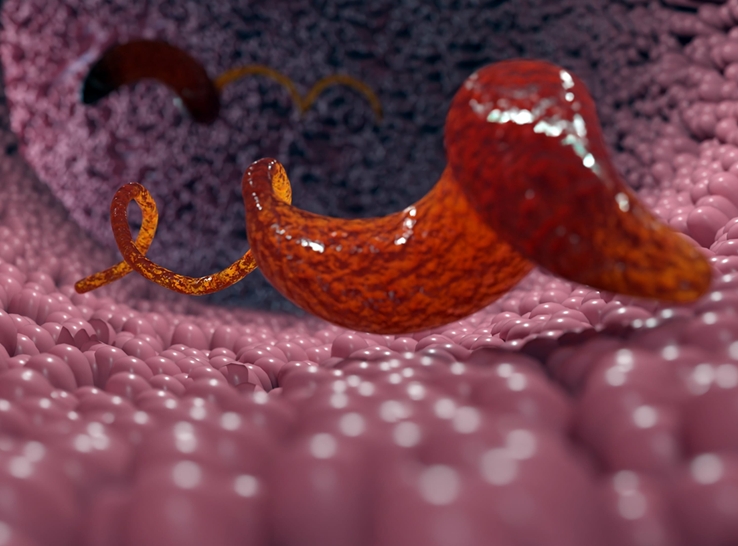Many turkey poults may experience poor starting performance for reasons that are not well understood. Turkey flocks may even suffer mortalities up to 3% within the first three weeks of life.
Factors, including delayed feeding, starvation, genetics and age of the parental flock have been investigated, but the true etiology remains elusive.
“Heat stress can cause serious physiological dysfunction that may result in heat stroke, cardiac dysfunction and death, yet its impact on young poult health has not been investigated,” reported Rocio Crespo, DVSc, MS, a professor at North Carolina State University and principal research investigator in a recent study.
“The only recognized measures of comfort in young birds today are subjective, such as visual (i.e., poult distribution) and noise (i.e., excessive noise may indicate inadequate temperature) observations.”
Objective measures
Hematologic parameters and the levels of certain plasma metabolites offer an objective measure and real-time insight into the physiological status of an animal. Some analytes change due to external stressors and health challenges before obvious behavioral or clinical signs are observed.
To investigate the effect of heat stress on blood parameters on poult comfort and its association with early poult mortality, USPOULTRY funded research led by NCSU’s Crespo.
The study sought to:
- Identify how temperature and relative humidity affect blood parameters of turkey poults;
- Investigate whether heat stress is associated with increased incidence of flip-over, dilated cardiomyopathy, higher mortality and overall poorer performance in turkey poults.
Four treatment groups
Four treatment groups were evaluated in the study, ranging from lowest temperature to highest temperature (T1, T2, T3 and T4).
Maintaining temperatures and relative humidity within the target ranges was difficult due to the small variances in treatment group parameters.
The brooding environmental temperature affected pH, partial carbon dioxide (pCO2), potassium (K) and sodium (Na) the most. The higher pH and lower pCO2 in treatments T3 and T4 were likely secondary to the poults’ effort to cool down through panting. Na was significantly depressed while K was increased in the two treatments with higher brooding temperatures (T3 and T4).
While researchers did not measure water intake in each room, they hypothesized that the lower concentration of Na in the blood was due to increased water intake.
Consuming less feed
Upon completion of the experiment, more birds in the higher temperature groups (T3 and T4) had distended crops compared to poults in groups T1 and T2, possibly due to increased water intake.
The increase of plasma ketones at 3 days of age for poults in T3 and T4 suggests that these birds were consuming less feed and using more fat as their main fuel source.
Findings supported the hypothesis that heat stress can be associated with increased incidence of pendulous crop and decreased performance.
Further, warmer brooding temperature may increase the incidence of dilated cardiomyopathy. There was not a significant difference in the concentration of creatinine kinase (CK) or cardiac troponin I (cTnI) between the groups.
The results did not demonstrate that warmer brooding temperatures results in increased flip-overs. Low brooding temperatures were associated with higher mortalities during the first week of age.
According to investigators, further research is needed to better understand the effect of environment on blood chemistry. This research revealed that blood analysis could assist with the evaluation of poult thermal comfort in an objective manner.
The research was funded by USPOULTRY and its Foundation and was made possible in part by an endowing Foundation gift from Prestage Farms and proceeds from the International Poultry Expo, part of the International Production & Processing Expo (IPPE).
Editor’s note: Content on Modern Poultry’s Industry Insights pages is provided and/or commissioned by our sponsors, who assume full responsibility for its accuracy and compliance.









